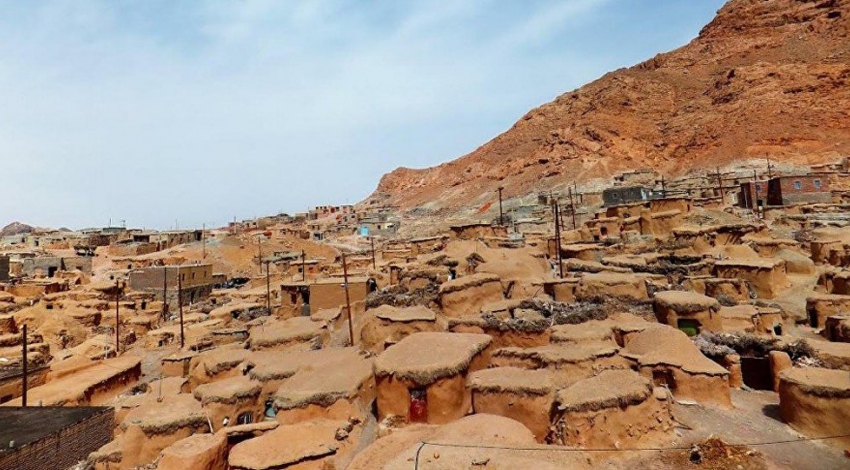If you take a look at�Makhunik from�the nearest�mountain, it will remind you a meadow dotted with�mushrooms. The "mushrooms" are small houses with�narrow doorways. Being there, anyone would feel like�Gulliver.
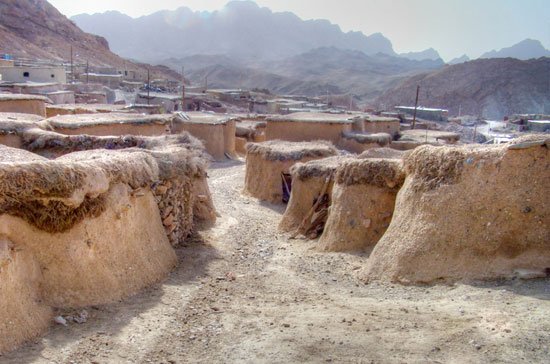
Follow
 ????? @nezare_com
????? @nezare_com?????? ??????? ??� http://www.nezare.com/%d8%b1%d9%88%d8%b3%d8%aa%d8%a7%db%8c-%d9%85%d8%a7%d8%ae%d9%88%d9%86%db%8c%da%a9-%d8%a8%d8%a7-%d8%b3%d8%a7%d8%ae%d8%aa%d8%a7%d8%b1%db%8c-%d8%b9%d8%ac%db%8c%d8%a8-%d9%88-%d8%b4%da%af%d9%81%d8%aa-%d8%a7/?utm_source=dlvr.it&utm_medium=twitter��#??????_?????#?????_?_???????#????????_??????_?????#??????_????
1:04 PM - 27 May 2016
Founded 1,500 years ago, Makhunik became known as�the village of�lilliputians because of�its past, when its inhabitants never grew higher than�a meter tall. Researchers say that it could have happened through�the frequent marriages of�close relatives, malnutrition with�lack of�proteins and vitamins, and drinking water with�trace of�mercury.
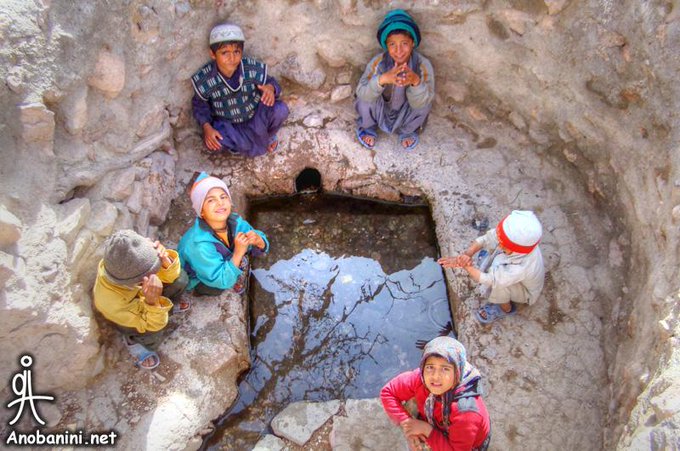
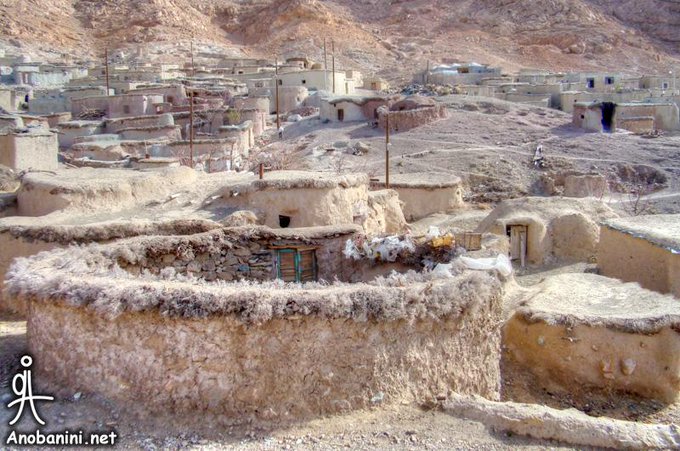
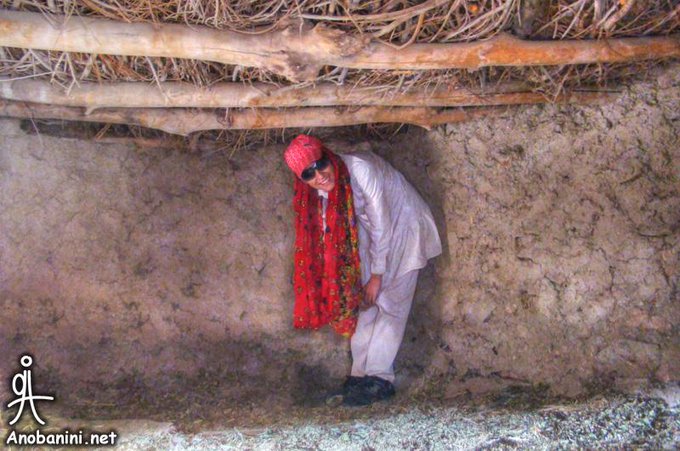
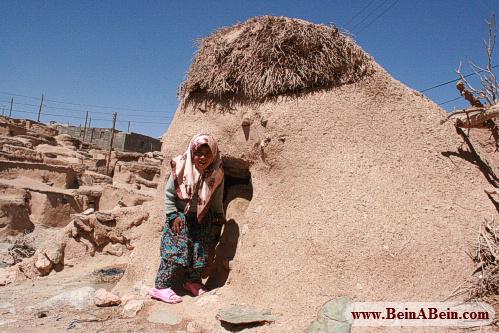
Follow
 ???? ??????? @monji12info
???? ??????? @monji12info?????????? ?? ??? ?????
??????? ??...?????? ?????
??????? ??? ?? ??? ?????? ?????????? ????http://forum.zaman-aj.ir/threads/26054/�
12:26 AM - 22 Aug 2015
There are 700 people living there now. The village's houses still preserve the elements of�Neolithic architecture. The buildings' color once served as�camouflage: it was impossible to�spot them from�the mountains at�a distance.
The elderly people prefer old-fashioned kerosene lamps and fireplaces to�electricity. There are also no TVs anywhere, as�the villagers believe that they are from�the devil.
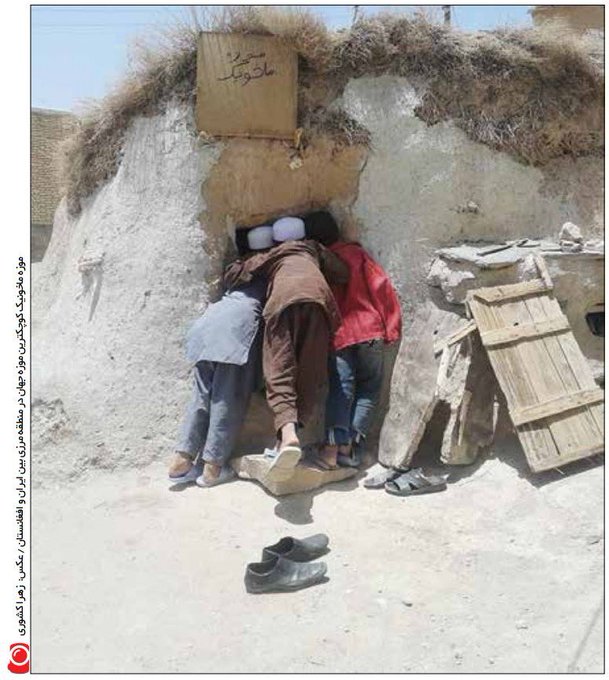
Follow
 ??????? ????? @IranNewspaper
??????? ????? @IranNewspaper???? ? ?????? ???? ???????? �???????�
????? ????? ?? ??????? ?? ?? ??? ???????????? ????? ??http://www.iran-newspaper.com/newspaper/BlockPrint/139037��
9:00 PM - 9 Jul 2016
The village has one school. In the evenings, the young people study theology at�a local mosque. Despite its size and location, there is no rush to�leave and the small population seems to�genuinely love their home and is happy to�remain there.
Remains of�similar settlements have also been found in�other places across�Iran.
By Sputnik News
